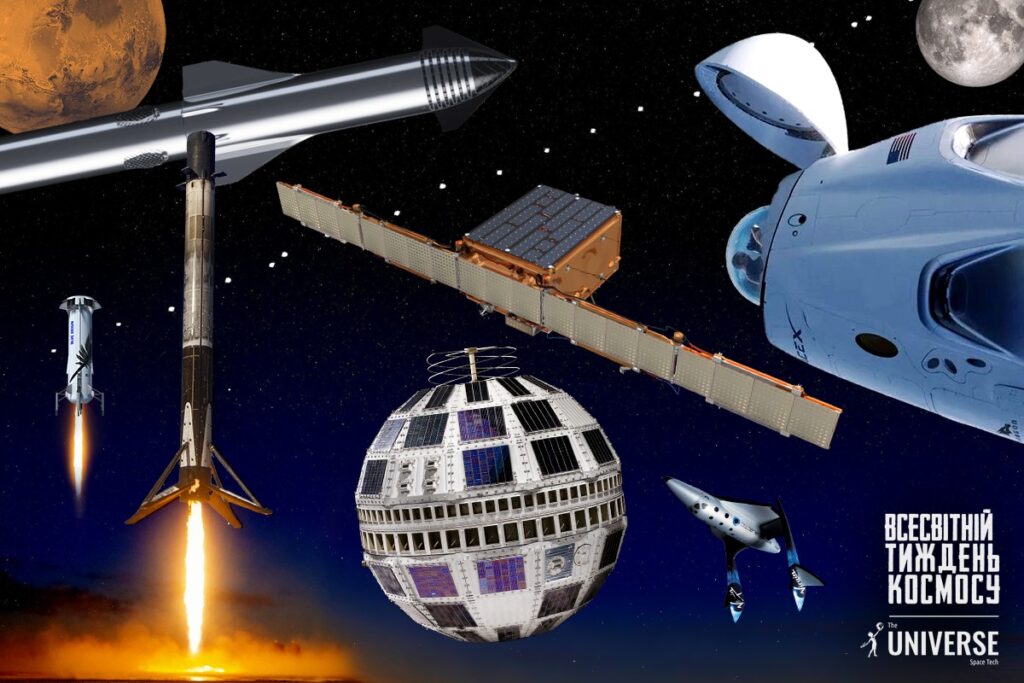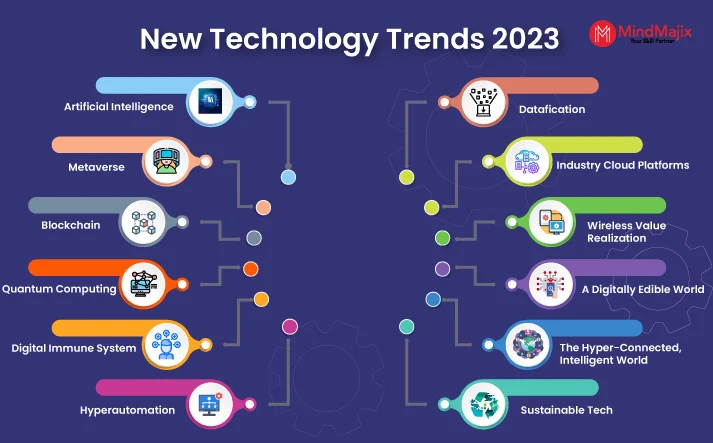In recent years, private companies have emerged as key players in the space industry, driving innovation and transforming the landscape of space exploration and technology. This article explores various aspects of how these companies are leading the charge in space technology.
The Rise of Commercial Spaceflight
The commercial spaceflight industry has seen exponential growth, with companies like SpaceX and Blue Origin pioneering reusable rocket technology. This innovation significantly reduces the cost of launching payloads into space, making it more accessible for various stakeholders, including governments, research institutions, and private enterprises.
As a result, the frequency of launches has increased, leading to a surge in satellite deployments and space missions. The ability to reuse rockets not only cuts costs but also minimizes waste, aligning with global sustainability goals. This shift towards commercial spaceflight is reshaping how we think about access to space.
Advancements in Satellite Technology
Private companies are at the forefront of satellite technology advancements, developing smaller, more efficient satellites that can be launched in constellations. Companies like Planet Labs and OneWeb are revolutionizing Earth observation and global internet coverage, respectively.
These advancements enable real-time data collection and analysis, which can be applied in various fields such as agriculture, disaster management, and climate monitoring. The proliferation of small satellites is also driving down costs and increasing competition, fostering innovation in satellite design and functionality.
Space Mining: The Next Frontier
Space mining is an emerging field that private companies are exploring, with the potential to extract valuable resources from asteroids and other celestial bodies. Companies like Planetary Resources and Deep Space Industries are leading research and development efforts in this area.
The prospect of mining resources such as water, metals, and rare minerals could revolutionize space exploration by providing essential supplies for long-duration missions and reducing reliance on Earth-based resources. This innovation could pave the way for sustainable human presence in space.
Public-Private Partnerships in Space Exploration
Public-private partnerships (PPPs) have become increasingly important in the space sector, allowing government agencies to collaborate with private companies. NASA’s Commercial Crew Program is a prime example, enabling companies like SpaceX and Boeing to develop crewed spacecraft for missions to the International Space Station (ISS).
These partnerships leverage the strengths of both sectors, combining government funding and oversight with private sector innovation and efficiency. This collaborative approach accelerates technological advancements and reduces costs, ultimately benefiting space exploration efforts.
Innovations in Space Transportation
Private companies are revolutionizing space transportation with innovations such as the development of space taxis and cargo delivery systems. SpaceX’s Dragon spacecraft and Boeing’s CST-100 Starliner are examples of vehicles designed to transport astronauts and cargo to the ISS.
These advancements not only enhance the safety and reliability of space travel but also open up new opportunities for commercial space tourism. As technology continues to evolve, the dream of regular space travel for civilians is becoming increasingly feasible.
The Role of Artificial Intelligence in Space Technology
Artificial intelligence (AI) is playing a crucial role in the advancement of space technology, with private companies utilizing AI for data analysis, autonomous navigation, and mission planning. AI algorithms can process vast amounts of data from satellites and space missions, providing insights that were previously unattainable.
This technology enhances decision-making processes and improves the efficiency of space operations. As AI continues to evolve, its applications in space exploration will likely expand, leading to more sophisticated missions and discoveries.
The Impact of Space Technology on Earth
The innovations driven by private companies in space technology have significant implications for life on Earth. Satellite technology, for instance, plays a vital role in weather forecasting, disaster response, and environmental monitoring.
Moreover, advancements in telecommunications and internet services provided by satellite constellations are bridging the digital divide in remote areas. The benefits of space technology extend beyond exploration, positively impacting various sectors on our planet.
Future Trends in Private Space Innovation
Looking ahead, the future of private space innovation is promising, with trends such as increased investment in space startups, the development of lunar bases, and the exploration of Mars gaining momentum. Companies are also focusing on sustainable practices, such as reducing space debris and developing green propulsion systems.
As the space
| Aspect | Description |
|---|---|
| Introduction | Private companies are increasingly playing a crucial role in space technology, driving innovation and reducing costs. |
| Key Players | Companies like SpaceX, Blue Origin, and Virgin Galactic are at the forefront, developing reusable rockets and commercial space travel. |
| Innovation in Launch Systems | Private firms have introduced reusable launch systems, significantly lowering the cost of access to space. |
| Satellite Technology | Private companies are launching small satellites for various applications, including communication, Earth observation, and scientific research. |
| Public-Private Partnerships | Collaboration between government agencies and private companies has accelerated space exploration and technology development. |
| Future Prospects | The future of space technology is likely to be dominated by private companies, with advancements in space tourism, asteroid mining, and Mars colonization. |
| Conclusion | Private companies are reshaping the landscape of space technology, fostering innovation and making space more accessible than ever before. |




